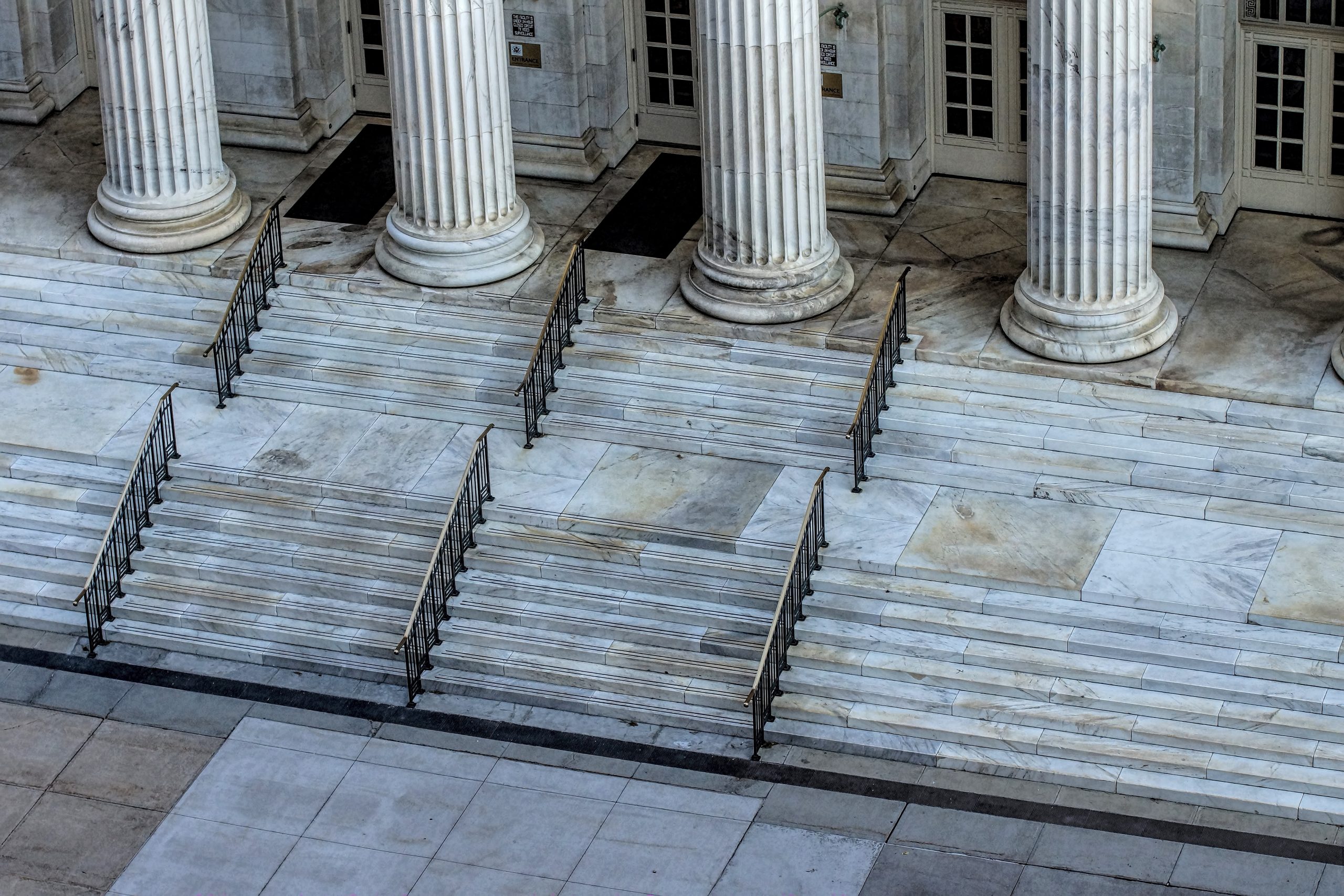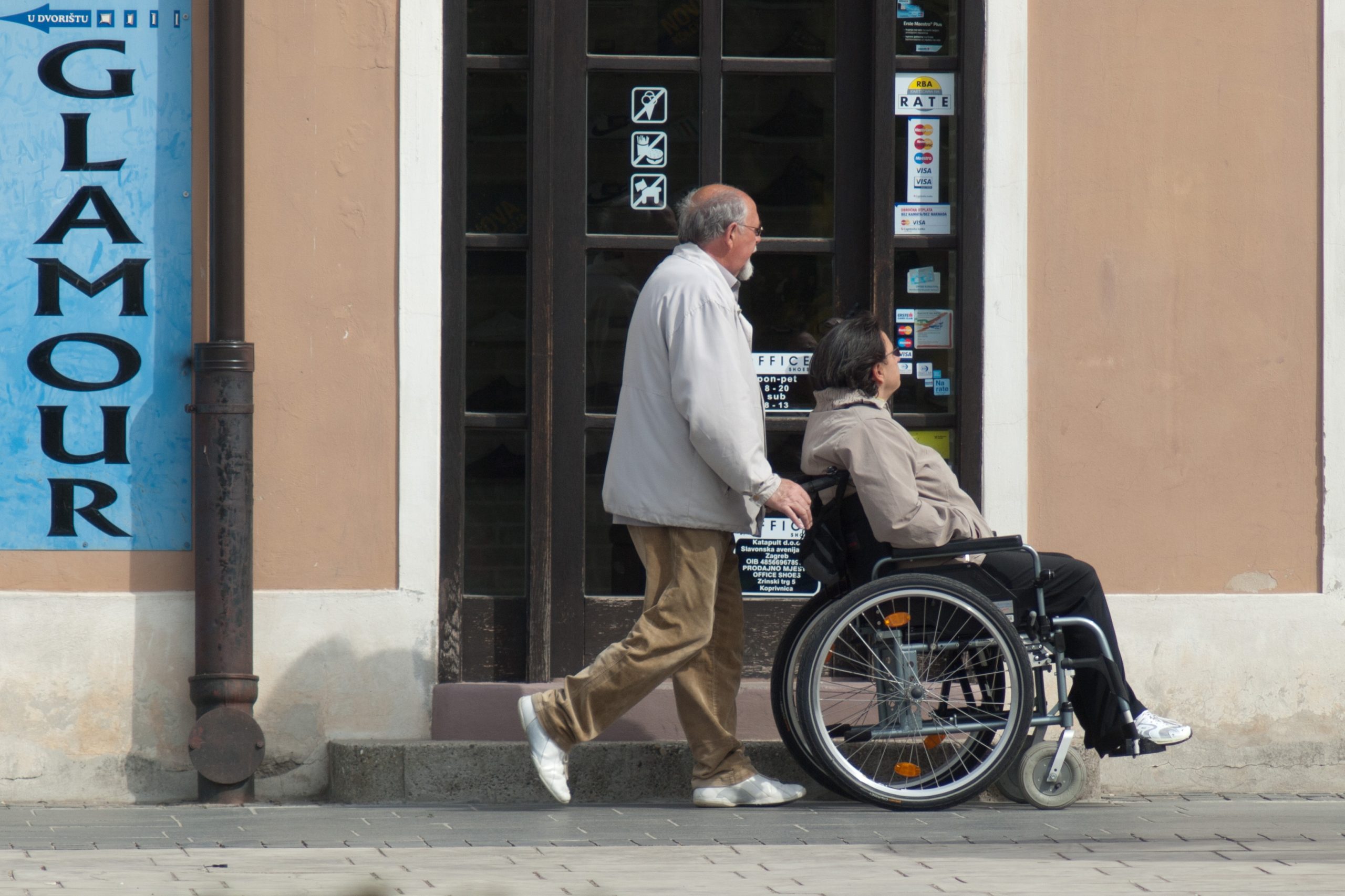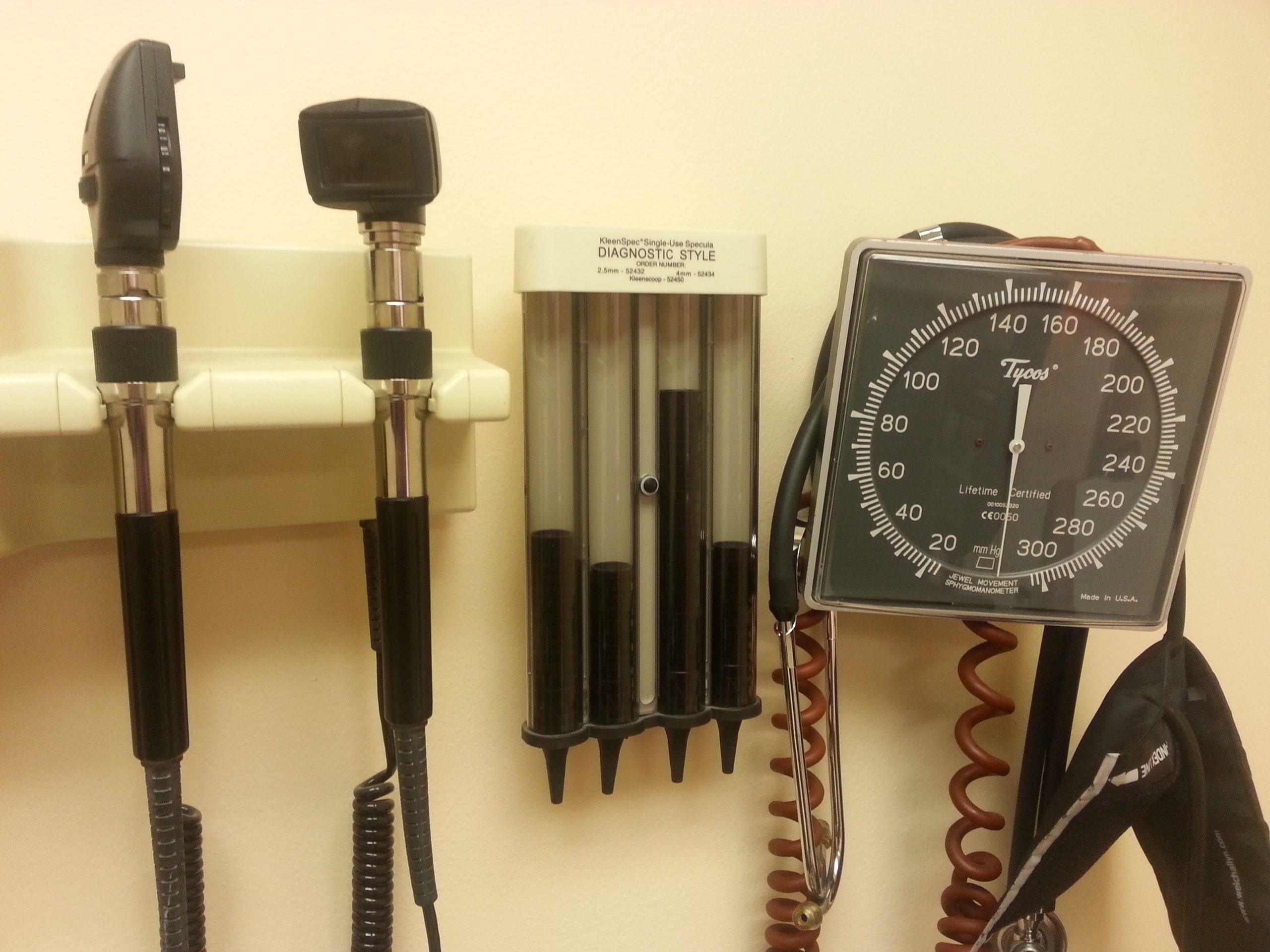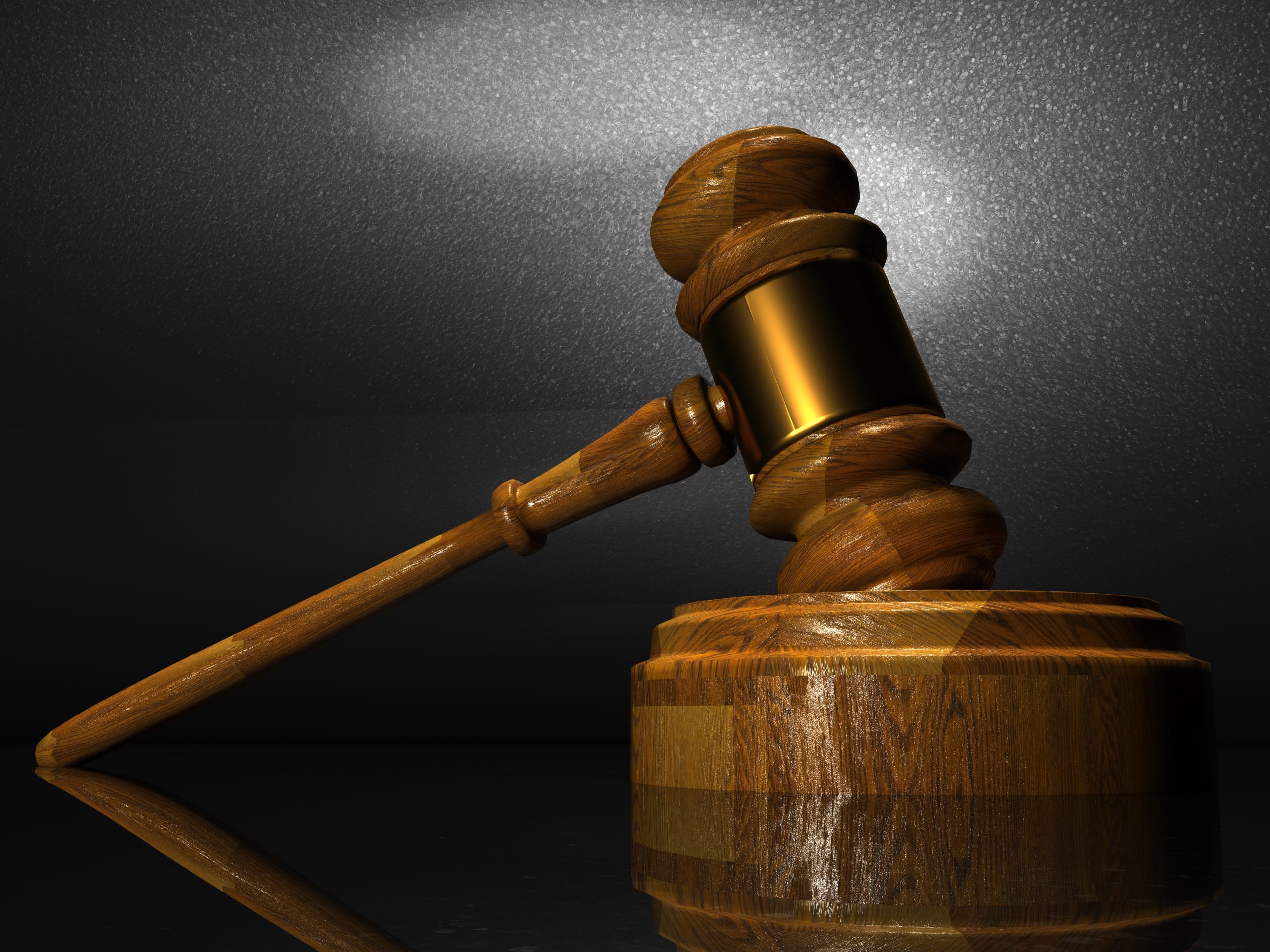 When prison officials do nothing to fix a large hole that leaks onto the floor in a jail cell, could the inmate have a claim for cruel and unusual punishment? The Fifth Circuit Court of Appeals case answers no. Many instances of inmates complaining about mistreatment are not uncommon to hear about, but when do we draw the line from complaints to unusual punishment? The subsequent lawsuit helps us answer this question of Eighth Amendment rights violations.
When prison officials do nothing to fix a large hole that leaks onto the floor in a jail cell, could the inmate have a claim for cruel and unusual punishment? The Fifth Circuit Court of Appeals case answers no. Many instances of inmates complaining about mistreatment are not uncommon to hear about, but when do we draw the line from complaints to unusual punishment? The subsequent lawsuit helps us answer this question of Eighth Amendment rights violations.
Ceasar Shannon was a Dixon Correctional Institute prisoner for over three years. The cell he was in had a large hole in the ceiling that would leak water when it rained. Shannon, along with other inmates, had made many complaints to maintenance requesting it to be fixed. Many times the guards just put buckets to catch the water dripping. One of these times, Shannon woke up at night to use the bathroom and slipped and fell on the puddle from the leak. Shannon suffered injuries to his back, shoulder, and hip.
Shannon filed a lawsuit against the Louisiana prison official under 42 U.S.C § 1983 action in federal district court. Under 42 U.S.C § 1983 a person can seek remedies against others who violated their constitutional rights. Shannon claimed the prison guards were aware of the hole in the wall and did nothing to fix the problem, thus showing deliberate indifference to Shannon’s health and safety, violating his Eight Amendment right to be free of cruel and unusual punishment. In response, the State filed a motion to dismiss. The State claimed slip-and-fall cases are negligence claims, not actionable under § 1983. The district court held in favor of the State. Unhappy with the district court’s ruling, Shannon appealed to the Fifth Circuit Court of Appeals.
 Insurance Dispute Lawyer Blog
Insurance Dispute Lawyer Blog


 We have all read headlines about lawsuits filed against gas and energy companies by workers who have developed health problems at their facilities. But what happens when a plaintiff files a lawsuit which could be barred by a workers’ compensation act? Will the claim be able to withstand a peremptory exception? How does the plaintiff fight against such a motion?
We have all read headlines about lawsuits filed against gas and energy companies by workers who have developed health problems at their facilities. But what happens when a plaintiff files a lawsuit which could be barred by a workers’ compensation act? Will the claim be able to withstand a peremptory exception? How does the plaintiff fight against such a motion? When tragedy strikes, seconds matter. Any delay to the emergency response network can cost lives and livelihoods. When a train runs through an intersection, all activity has to yield to that train. What follows is the calamitous story of how a train may have prevented EMS from responding to a fatal accident. It also helps answer the question; Can a train be held liable for the delay in emergency services?
When tragedy strikes, seconds matter. Any delay to the emergency response network can cost lives and livelihoods. When a train runs through an intersection, all activity has to yield to that train. What follows is the calamitous story of how a train may have prevented EMS from responding to a fatal accident. It also helps answer the question; Can a train be held liable for the delay in emergency services? Losing a loved one is hard enough. What happens, however, when multiple people claim they have a right to the same property the decedent owns at the time of their death? Cases involving multiple parties and claimants can get tricky, especially when one claimant was the decedent’s spouse and the other was their descendant, as was the case in the following lawsuit.
Losing a loved one is hard enough. What happens, however, when multiple people claim they have a right to the same property the decedent owns at the time of their death? Cases involving multiple parties and claimants can get tricky, especially when one claimant was the decedent’s spouse and the other was their descendant, as was the case in the following lawsuit.  If an individual is unable to care for themself or manage their financial or business affairs, legal intervention in the form of interdiction may be appropriate. If a court finds interdiction to be warranted, it may assign another person to make decisions for the disabled. The following case demonstrates when a court may deny an interdiction assertion.
If an individual is unable to care for themself or manage their financial or business affairs, legal intervention in the form of interdiction may be appropriate. If a court finds interdiction to be warranted, it may assign another person to make decisions for the disabled. The following case demonstrates when a court may deny an interdiction assertion.  Winning a lawsuit against an employer can be challenging. Employees are often transient, while the employer is an anchor in their community. Employer responsibility for an employee’s negligent action requires significant factual evidence. In a recent case out of St. John the Baptist Parish, a missing former employee and a lack of facts prevented the injured party from winning.
Winning a lawsuit against an employer can be challenging. Employees are often transient, while the employer is an anchor in their community. Employer responsibility for an employee’s negligent action requires significant factual evidence. In a recent case out of St. John the Baptist Parish, a missing former employee and a lack of facts prevented the injured party from winning.  Most adults fear the day that they will need to rely on the care of another to function. Unfortunately, the rampant negligence and mistreatment only exasperate this fear throughout the nursing home and hospice industry. Small mistakes by caregivers are normal and almost expected, yet, Shirley Marzell faced severe injuries after her caregivers improperly secured her to a wheelchair lift.
Most adults fear the day that they will need to rely on the care of another to function. Unfortunately, the rampant negligence and mistreatment only exasperate this fear throughout the nursing home and hospice industry. Small mistakes by caregivers are normal and almost expected, yet, Shirley Marzell faced severe injuries after her caregivers improperly secured her to a wheelchair lift. After a medical malpractice-induced injury, patients may need significant awards of damages to cover the expenses of a resulting disability. A case in Shreveport shows how to present substantial evidence of an ongoing need for care. It also helps answer the question; What kind of Evidence is Needed to Prove Future Medical Benefits in a Medical Malpractice Lawsuit?
After a medical malpractice-induced injury, patients may need significant awards of damages to cover the expenses of a resulting disability. A case in Shreveport shows how to present substantial evidence of an ongoing need for care. It also helps answer the question; What kind of Evidence is Needed to Prove Future Medical Benefits in a Medical Malpractice Lawsuit?
 Imagine being on a jury – everything you hear has gone through a process of admittance to be used as evidence during the trial. What the jury is told often plays a role in what the jury thinks of the parties and how it assigns blame amongst them. The following lawsuit explores what happens when a defendant challenges the admittance of a piece of evidence it believes unfairly swayed the jury against it. It also helps answer the question; can a litigant exclude evidence in a car accident lawsuit?
Imagine being on a jury – everything you hear has gone through a process of admittance to be used as evidence during the trial. What the jury is told often plays a role in what the jury thinks of the parties and how it assigns blame amongst them. The following lawsuit explores what happens when a defendant challenges the admittance of a piece of evidence it believes unfairly swayed the jury against it. It also helps answer the question; can a litigant exclude evidence in a car accident lawsuit?